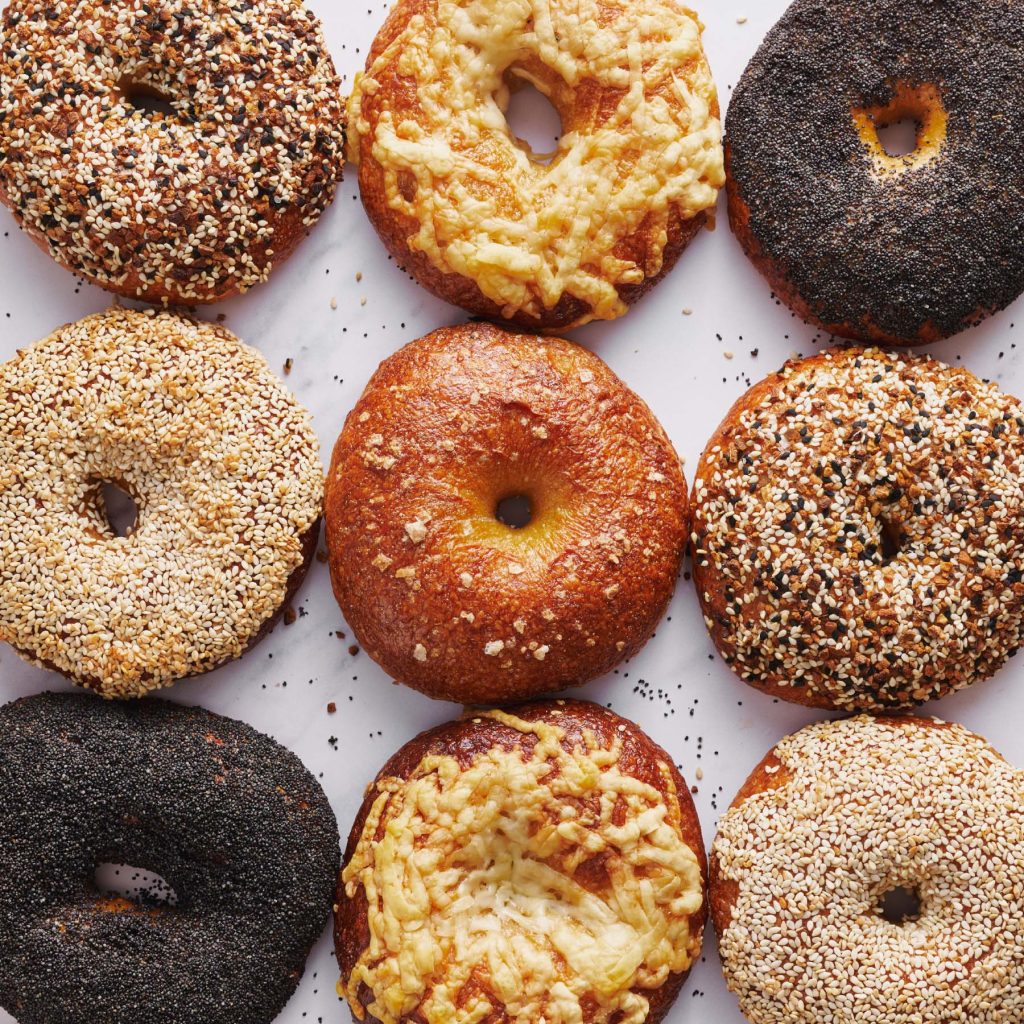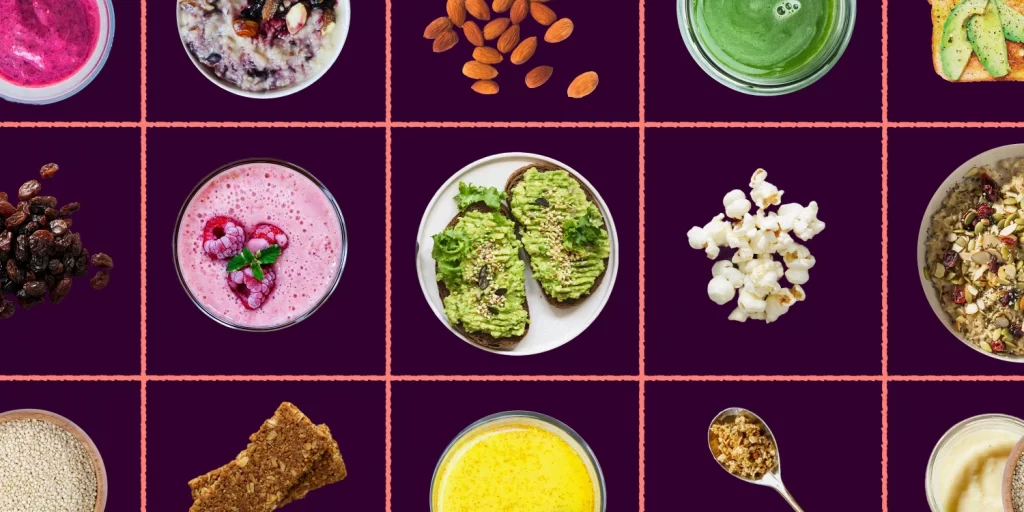Over the past 2 decades, the professional food service industry has enjoyed advances in science and overall awareness when it comes to food allergies and foodborne illness. Most foodborne illnesses (4 out of the top 5) are caused by bacteria. However, the #1 cause is a virus: Norovirus.
Battling any virus (Norovirus, Hepatitis A, Coronavirus, etc.) starts with prevention. The below are a series of escalating protocols available to us. Through emails and other communication methods we are ready to implement these as needed based on local circumstances:
- Glove use required at all times.
- Chefs plate all meals (chapter members don’t touch serving utensils).
- Salad bar service discontinued.
- Switch to all disposable supplies (plates, silverware, etc.)
- Leftovers discarded and not available for self-service.
- Bulk service discontinued, for example cereal jugs replaced by individual cereal boxes.
- Service discontinued for non-residents–only chapter house residents may participate in the meal plan.
- Daily UV light sterilization.
- In confirmed cases where a virus has caused illness, temporary suspension of service so all surfaces can be sanitized with virucide.
What About Coronavirus?
The 2019 Novel Coronavirus differs from foodborne-illness related viruses in that surfaces and food are not considered primary means of transmission. For COVID-19, it’s the people that are most relevant. Appropriate procedures we are taking include daily symptom logs, temperature checks, and mandatory mask use.
What happens if my College/University closes?
Just because the University cancels classes does not mean that our food service changes. (This applies not only to health alerts, but also snow and other weather alerts.) We consider ourselves as providing a service necessary to sustain life. That sounds dramatic and we aren’t equating ourselves with doctors or first responders, but we do recognize that we are the default method of providing nutrition for most of our customers, and if we suspend operations while the chapter house is still occupied, people would face a substantial hardship in getting their meals if the shut-down was for a long period of time. If we can help it, we’ll be open.
What if we can’t help it?
There are scenarios in which we would be forced to modify or suspend cooking:
-if our supply chain is disrupted, and we can’t receive food deliveries
-if a University shut-down also includes mandatory evacuation/quarantine and our employees are not allowed to come to work
-if the safety of the workplace cannot be guaranteed for employees and residents
The best tools we have are knowledge and communication. We stand ready not only to be responsive, but also proactive in providing high quality food and nutrition while maintaining the highest standards of safety.



